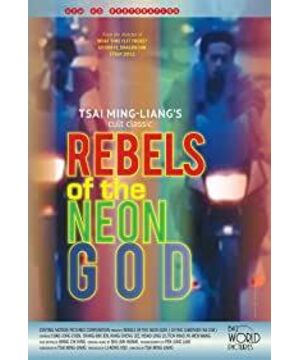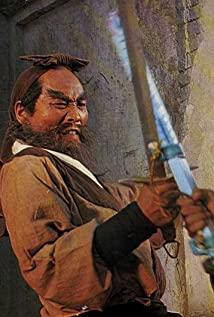The forerunner of "Long Live Love" is the emotion between young people. Xiaokang is the background color of A Ze's publicity. His superstitious mother heard that Xiaokang was the reincarnation of the third prince of Nezha. As if he had found a legitimate reason for himself, he tried his best to get rid of the shackles of his strict father and mother, and pursued a sassy social youth life. The beginning was very good. Aze had a good brother Abin, and Agui, who was between his girlfriend and a one-night stand, could steal money by prying on the change box of the phone booth, and played video games every day. Then, within a day, his bad luck came one after the other. This may be a "rebellious" retribution.
Xiaokang destroyed Azer's motorcycle on a rainy night. It's hard to say whether it was out of revenge for Azer's behavior of smashing his father's taxi mirror, or simply to liberate his "rebellion", showing that he was better than Azer. However, it is obvious that the excitement after seeing the results of his destruction did not last long. When he asked Azer who was pushing the cart if he needed help, his so-called rebellion was marked with self-deception.
And even A Ze, after he and his friend were beaten, the original rebellion disappeared. By chance, he got into Xiaokang's father's taxi, which also broke his disguise and faced the road with A Gui. Confused as well.
There is no real Nezha in this story, no real rebellion, and no so-called rebellion against patriarchy. Just like the theme in Tsai Ming-liang's films, it still expresses confusion and the meaninglessness of life. This is the confusion faced by teenagers, youth, and middle-aged people of every age group. Trapped by the confusion of nothingness, whether it is violence, sex, suicide, or superstition, it is just a messy vent and sustenance.
View more about Rebels of the Neon God reviews











